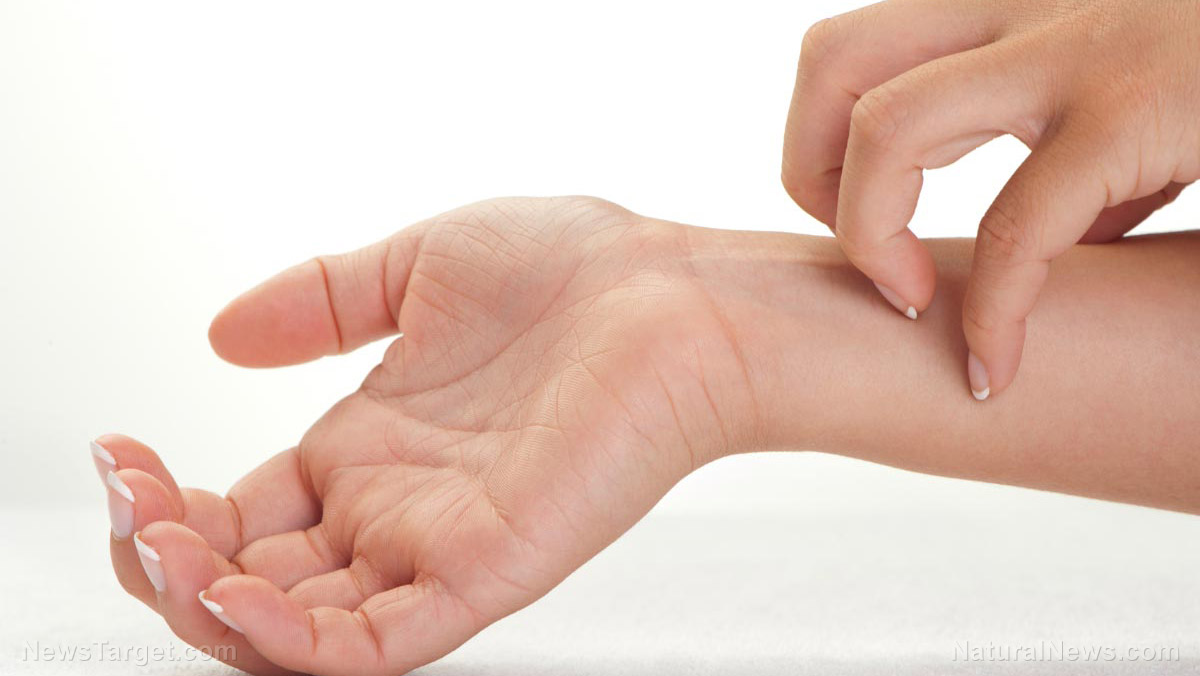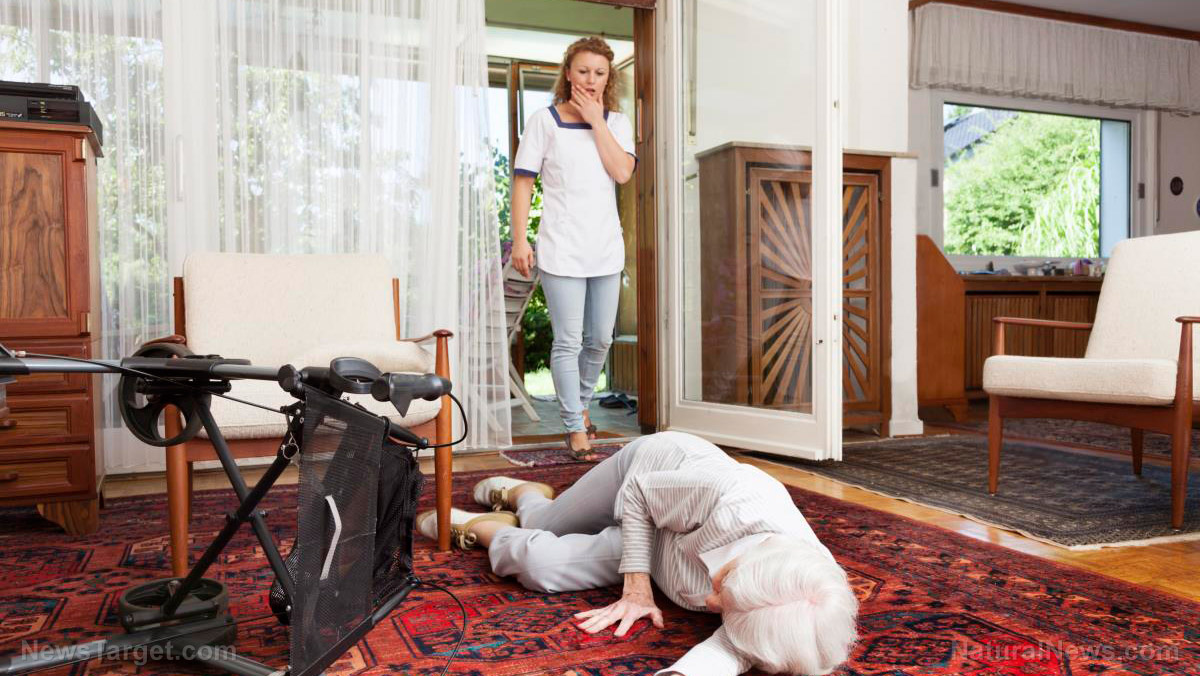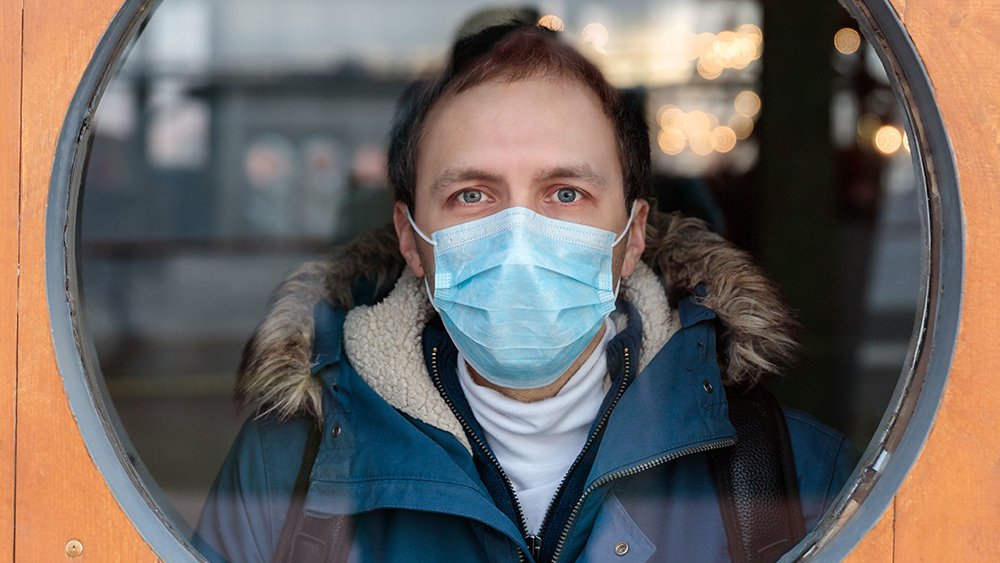Healing through exercise: Study finds physical activity can be used to prevent or treat depression
06/01/2020 / By Janine Acero

Exercise is medicine for depression, a study published in Current Sports Medicine Reports confirms. Researchers from Brazil and the U.K. suggest that exercise is an effective option for the prevention and treatment of depression.
“The evidence of the use of physical activity and exercise for the management of depression is substantial and growing fast,” said Felipe Barreto Schuch of the Federal University of Santa Maria in Brazil and Brendon Stubbs of King’s College London, the authors of the article.
However, even with substantial evidence supporting the positive effects of exercise on depression management, Schuch says its inclusion as a key component in treatment options is often given low priority.
Lifestyle habits like regular exercise can influence the risk of depression
Depression is a significant medical issue around the world. It has a huge impact on the mental and physical well-being of people and incurs significant expenses for society. Current treatments center around medication and psychotherapy, both of which have significant limitations. For instance, not all individuals taking antidepressants have a clinically significant reaction, and not all patients respond well to psychotherapy. Therefore, the researchers decided to provide an updated overview of the mounting evidence supporting the advantages of incorporating exercise into treatments for depression.
“[T]here is growing recognition that lifestyle behaviors, such as physical activity and exercise, partially contribute to the risk of developing depression and can be useful strategies for treating depression, reducing depressive symptoms, improving quality of life, and improving health outcomes,” the researchers wrote.
Previous studies have linked higher levels of physical activity to reduced depressive symptoms. Analyzing pooled data from 49 prospective studies with nearly 267,000 participants, the researchers found that exercise could reduce the odds of developing depression by 17 percent. Furthermore, the protective effect was significant in all countries and across patient subgroups.
Exercise can also be used as a natural treatment for depression. Studies have shown that a single exercise session can reduce the symptoms of major depressive disorder.
The researchers analyzed 25 randomized trials involving nearly 1,500 people with depression who were assigned to exercise training or comparison groups. The results showed that the participants who exercised experienced a “very large and significant antidepressant effect.” (Related: Exercise outperforms antidepressants for reducing depression.)
Despite the increasing evidence supporting the positive effects of exercise on depressive symptoms, it still isn’t part of clinical recommendations for treating the mental disorder. The researchers consider this an “issue” that must be addressed in order to move forward with better treatment options and preventative measures.
How does exercise help reduce symptoms of depression?
In people with depression, starting and sticking to an exercise program can be challenging. Besides supervision by health and fitness professionals, support from friends and family may also increase their chance of success.
In general, regular exercise helps ease depressive symptoms by:
- Releasing endorphins — A good workout triggers the brain to release endorphins, “feel-good” neurochemicals that help enhance your sense of well-being.
- Taking your mind off worries — By focusing on the workout (observing proper form, counting reps, etc.), your mind can get away from the cycle of negative thoughts that fuel depression.
- Gaining confidence — Accomplishing workout goals or overcoming challenges, even small ones, can boost your self-confidence. Getting in shape can also make you feel better about your overall health and appearance.
- Getting more social interaction — Exchanging a friendly smile or greeting with other people as you jog around the neighborhood can help uplift your mood.
- Coping in a healthy way — Engaging in physical activities to reduce depressive symptoms is a healthier coping strategy than being dependent on alcohol or waiting for the symptoms to go away on their own.
Exercise may not be similarly viable as a treatment for every person with depression. There is a wide scope of biological, clinical, psychological and social factors that can affect a person’s response to exercise therapy. It is important to take each of these factors into account so that individuals can be matched with the appropriate treatment option.
Learn more about the role of exercise in relieving depression at BeatDepression.news.
Sources include:
Tagged Under: alternative medicine, beatdepression, Clinical depression, depression symptoms, exercise, fitness, health science, major depressive disorder, mental health, mind body science, natural cures, natural medicine, Naturopathy, prevention, research, therapies, workouts

















